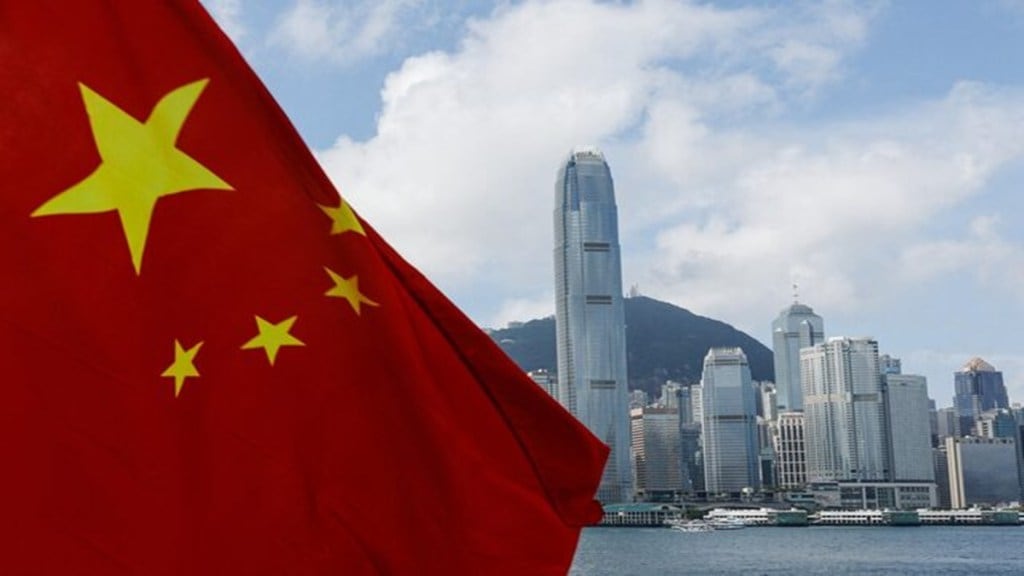While Maruti Suzuki India has reported no production disruption from China’s restrictions on rare earth minerals, its parent company Suzuki Motor Corporation has halted production of its flagship Swift model in Japan, affected by the export curbs, according to Japan’s Nikkei.
Production of the Swift, excluding the Swift Sport version, was suspended from May 26 due to a shortage of key components. The report said that though Suzuki has not officially confirmed the cause, two people familiar with the matter attributed it to a disruption in rare earth supplies, as China’s new licensing rules and end-use declarations have snarled global supply chains. Suzuki now expects a partial restart by June 13 and a full resumption after June 16, citing improved visibility around parts availability.
In India, Maruti Suzuki said earlier this week that it’s not facing any immediate disruption. “There is no immediate disruption,” Rahul Bharti, senior executive director, corporate affairs said, adding, “The government is quite receptive and supportive. It’s not a restriction, but an endorsement of end-use. Until we receive a response to our applications, it is difficult to say anything.” He, however, acknowledged that the broader issue of alternative sourcing would require deeper examination.
The curbs, which came into effect in April, have rattled global automakers and prompted warnings about possible production halts. China accounts for over 90% of global rare earth magnet output, with Japan and Vietnam trailing far behind and focusing largely on domestic demand.
Meanwhile, India’s two-wheeler sector has raised red flags. TVS Motor, the country’s top electric two-wheeler maker, said the curbs could cause significant disruptions starting as early as June or July. “This EV supply chain disruption is certainly going to pose a short- to medium-term challenge,” Sudarshan Venu, MD of TVS Motor said earlier this week. “There will be a cost increase to the customer. We are trying to de-risk, but the price impact is real.”
Bajaj Auto also recently called the situation as a “dark cloud on the horizon”. Executive director Rakesh Sharma noted that the company’s stocks were depleting and warned that production could be “seriously impaired” by July if relief does not arrive soon.

